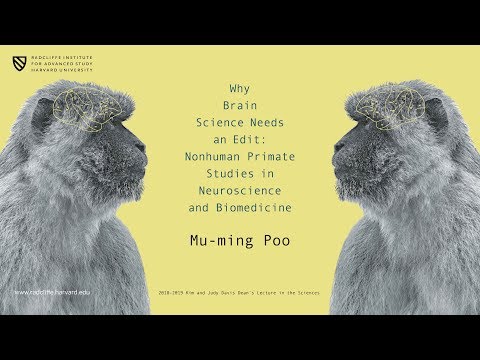Description:
Explore the cutting-edge field of neuroscience in this Radcliffe Institute lecture by Mu-ming Poo, founding director of the Institute of Neuroscience at the Shanghai Institutes for Biological Sciences. Delve into the use of gene-editing tools like CRISPR in developing macaque monkey behavioral models for studying self-consciousness. Examine cognitive processes, empathy, and self-awareness in nonhuman primates, and learn about transgenic neuroscience and its potential applications in treating brain diseases. Engage with the ethical considerations surrounding gene editing and the use of nonhuman primates in biomedical research. Gain insights into the latest advancements in brain science, including studies on mirror self-recognition, depression, and the development of animal models for neurological research.

Why Brain Science Needs an Edit - Mu-ming Poo - Radcliffe Institute
Add to list
#Science
#Biology
#Genetics
#Gene Editing
#Mathematics
#Statistics & Probability
#Neuroscience
#Social Sciences
#Psychology
#Cognitive Psychology
#Cognitive Processes
#Health & Medicine
#Nutrition & Wellness
#Mental Health
#Depression